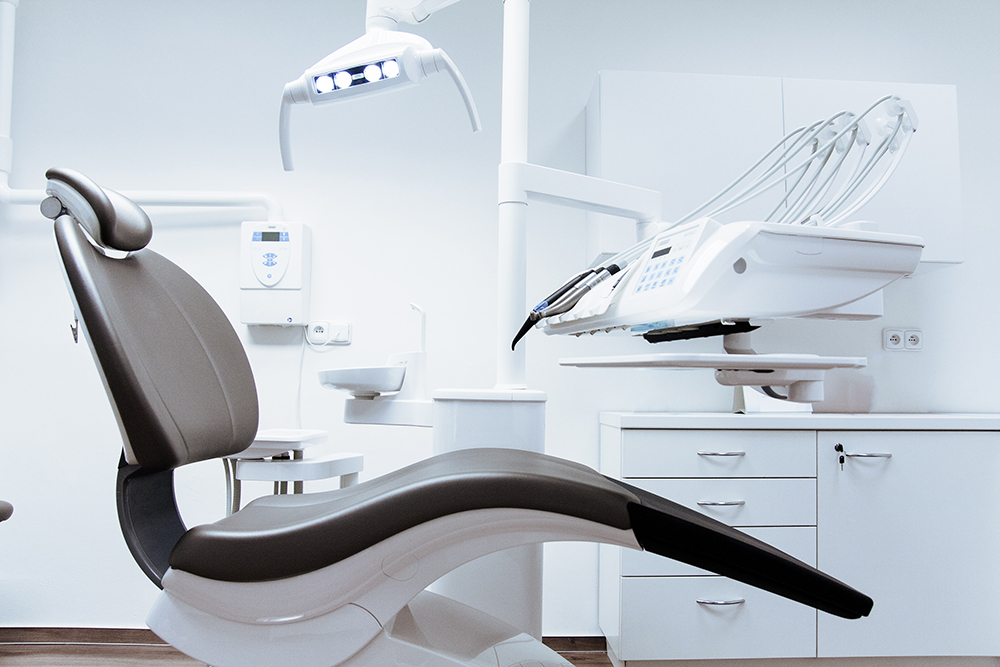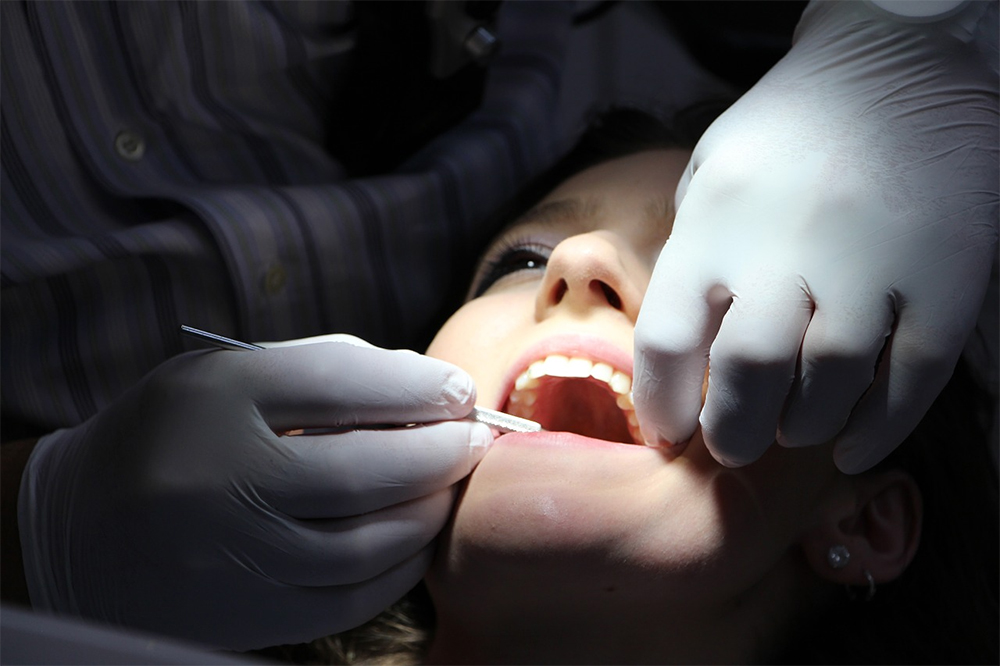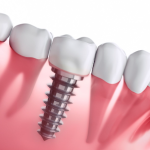Dental implants are an increasingly popular choice for tooth replacement, and are the most natural looking and natural feeling replacement alternative for missing teeth. More and more people are choosing dental implants as a longer lasting, more viable alternative to crowns, bridges and dentures. Perhaps you are considering dental implants to restore your natural smile to its best? Take a look at the top 11 frequently asked questions about dental implants to help you make up your mind.
- What are dental implants?
A dental implant is an artificial replacement for a tooth root. The artificial tooth root, usually made from titanium, is surgically positioned into the jawbone beneath the gum line. The main aim is for bone to grow around and attach to the implant, making it a stable post to support a replacement tooth.
Titanium is generally the material used to make dental implants because it is compatible with and has a bonding ability with bone. The bonding of bone with a dental implant is known as osseointegration.
- Who can have dental implants?
Most healthy adults can have dental implants. Dental implants can be used once the jaw has stopped growing, so they aren’t generally suitable for children and adolescents. Poor health, excessive smoking and excessive alcohol consumption can all affect the healing process afterwards, and may also affect the long-term health of the gum and bone surrounding the implant.

- Can my regular dentist provide my dental implant?
Dental implants require the expertise of a dentist who has been properly trained in implant dentistry. It’s important that you choose an expert for your dental implants who has sufficient training, experience and competence.
- How will the dentist know if I am suitable for a dental implant?
The dentist examining your mouth for dental implants will assess the feasibility of implant treatment before offering you dental implants as a treatment option.
- What will an initial assessment for dental implants involve?
You will be expected to answer questions about your medical history. Your dentist will carry out a full examination of your teeth and mouth to assess if there are any other dental problems that could affect your suitability for implants. X-rays will be taken and if treatment is deemed to be suitable your dentist will also take an impression of your teeth.
- What happens if I have other dental problems?
It will depend on what your other dental problems are, but in most cases your teeth and mouth should be in a stable and healthy condition before any implant treatment is considered. If you have existing gum or tooth related problems, these may need to be treated, or stabilised, before dental implant treatment can go ahead.
- What dental problems will prevent me from having dental implants?
Bad breath and excessive bleeding when you clean your teeth may indicate gum disease (periodontal disease). Gum disease can be a major cause of bone loss in the jaw and this will make dental implants more complicated or not viable at all.

- How long does the treatment for dental implants take?
The procedure itself usually takes between 1 and 2 hours (longer for multiple implants). In most routine cases the healing time required before a new tooth can be screwed into the root implant is between 6 weeks and 6 months.
- Why does treatment take so long?
The tooth root needs to embed into the bone and become stable before a replacement tooth can be screwed onto the artificial root. It takes time for the body to accept and integrate the implant.
- Will I need to have a general anaesthetic?
No. General anaesthetic requires a hospital admission and is generally only required for complex multiple implant cases, or where bone grafting is required. Usually local anaesthetic, such as that you may have for a tooth filling, is adequate and is administered by injection. Conscious sedation is also an option and may be offered for more lengthy procedures or for anxious patients. Conscious sedation is an oral medicine, such as Temazepam, which helps you to relax and may make you feel drowsy.
- What can I expect immediately following dental implant surgery?
You may experience some discomfort for a few days. You will likely be advised to take painkillers such as paracetamol, and you may be given antibiotics. There may be some bleeding from the site of the implant and some bruising of your skin and gums. There may also be some initial swelling of the gums and face. Be sure to follow all of your dental surgeon’s instructions and contact him/her if you have any concerns after the treatment.
- How long will dental implants last?
You will need to look after your replacement teeth, just like any other tooth. With good dental hygiene, there is no reason why dental implants can’t last a lifetime.
- Do I need a separate dental implant for each missing tooth?
Not necessarily. Dental implants can be used to replace one or several missing teeth. For a single tooth replacement you will obviously need a single implant. Where more than one tooth is missing, you won’t necessarily have to have one implant per missing tooth. The number of implants needed is determined by bone density. Good bone density will enable more teeth to be supported by a single implant. A gap of three or four teeth may only require two dental implants for example.
Good luck. Remember, always seek advice from a specialist implant dentist.







